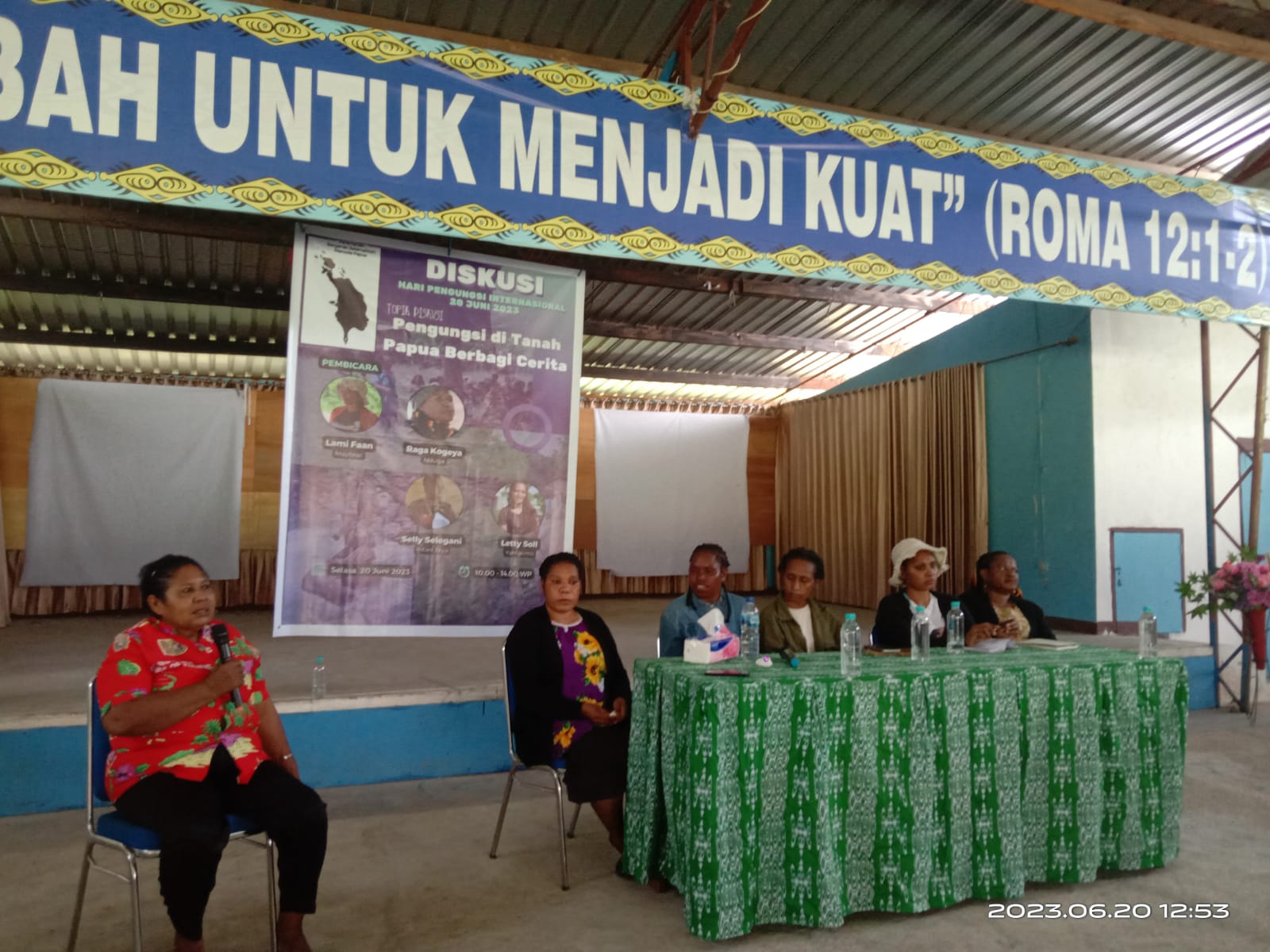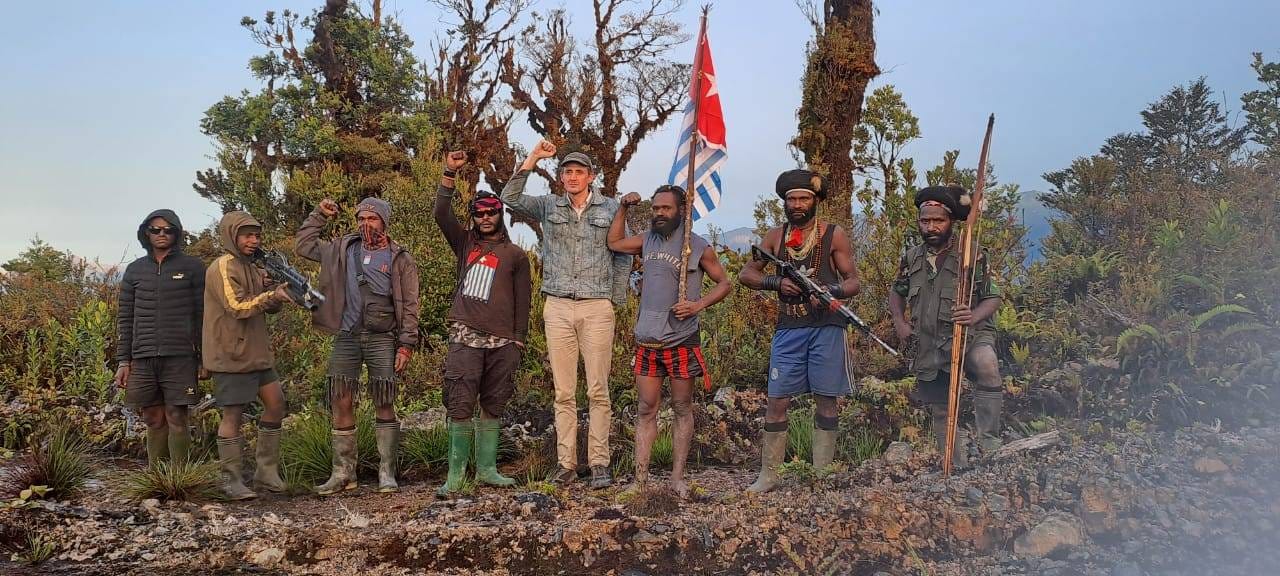
Jayapura, Jubi/awasmifee – Indonesia’s oil palm industry is moving east. With large tracts of land increasingly difficult to find in Sumatra and Borneo, plantation companies are now focussing their attention on Indonesia’s eastern frontier: the small islands of the Maluku archipelago and especially the conflict-ridden land of West Papua.
In 2005 there were only five oil palm plantations operating in West Papua1. By the end of 2014 there were 21 operational plantations. This rapid expansion is set to continue with another 20 concessions at an advanced stage of the permit process, and many more companies that have been issued with an initial location permit. If all these plantations were developed, more than 2.6 million hectares of land would be used up, the vast majority of which is currently tropical forest.
Almost without exception, these plantations have caused conflict with the local indigenous communities who depend on the forest – lowland Papuans are mostly hunters and gatherers to some degree. The conflicts have centred around community’s refusal to hand over their land, demand for justice in the cases where they feel the land has been taken from them by deceit or intimidation, horizontal conflicts between neighbouring villages or clans, action by indigenous workers who feel they are exploited, or aggression by police or military working as security guards for the plantation companies.
















